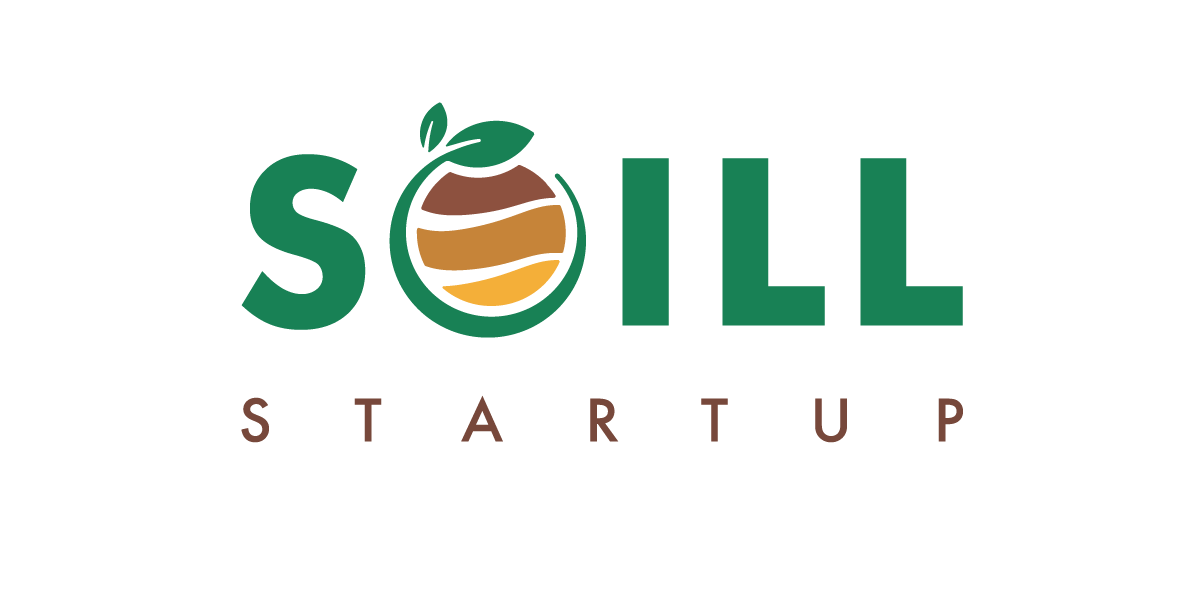
SOILL-Startup project kicks off to support the Mission Soil implementation
ERRIN is excited to kick off 2024 with the launch of the SOILL-Startup project that will support the implementation of the Horizon Europe ‘A Mission Soil Deal for Europe’.
SOILL-Startup will set up and run an effective one-stop-shop to coordinate, support, enlarge and promote the network of 100 Soil Mission Living Labs and Lighthouses to lead the transition towards healthy soils across Europe by 2030.
The Mission Soil is a key priority of ERRIN's Bioeconomy Working Group, which has established a trusty relationship with the Mission Soil Secretariat over the past years. In 2023, ERRIN successfully launched the Mission Soil Manifesto, in a joint event with the Mission Soil Secretariat from the European Commission. Last November, ERRIN co-organised the EU Soil Day at the European Committee of the Regions, fostering a dialogue on the regional dimension on soil health. The Bioeconomy WG leaders actively participated in the European Mission Soil Week in Madrid, bringing the voice of local and regional authorities and highlighting the crucial role of regions in connecting stakeholders, engaging citizens and fostering dialogue on soil health.
This illustrates both the importance and the commitment of ERRIN members to the Mission's objectives, as well as the acknowledgment by the Mission Secretariat of the important role of ERRIN in contributing to the Mission Soil and creating the best possible preconditions for an effective and efficient implementation at grass root level.
Within SOILL-Startup, ERRIN will lead the work on fostering collaboration and synergies within the Soil Health Living Labs and Lighthouses, as well as with the broader SOILL community, by actively create connections, dialogues and partnerships with diverse stakeholders, including potential applicants, existing living labs and other EU Missions to ensure the impact of the Mission at local level.
Learn more about SOILL-Startup here.
- Gianpiero Petruzziello
- 16/01/2024
-
Working Group
Equatorial Coca-Cola Bottling Company (ECCBC) looking for partners for Horizon Call
- Mariona Campmajó
- 16/01/2024
-
Funding Programme
-
Deadline for Expression of Interest20 February 2024
-
NameMariona CampmajóOrganisation NameACCIÓ Catalonia Trade & Investment
- Get in Touch
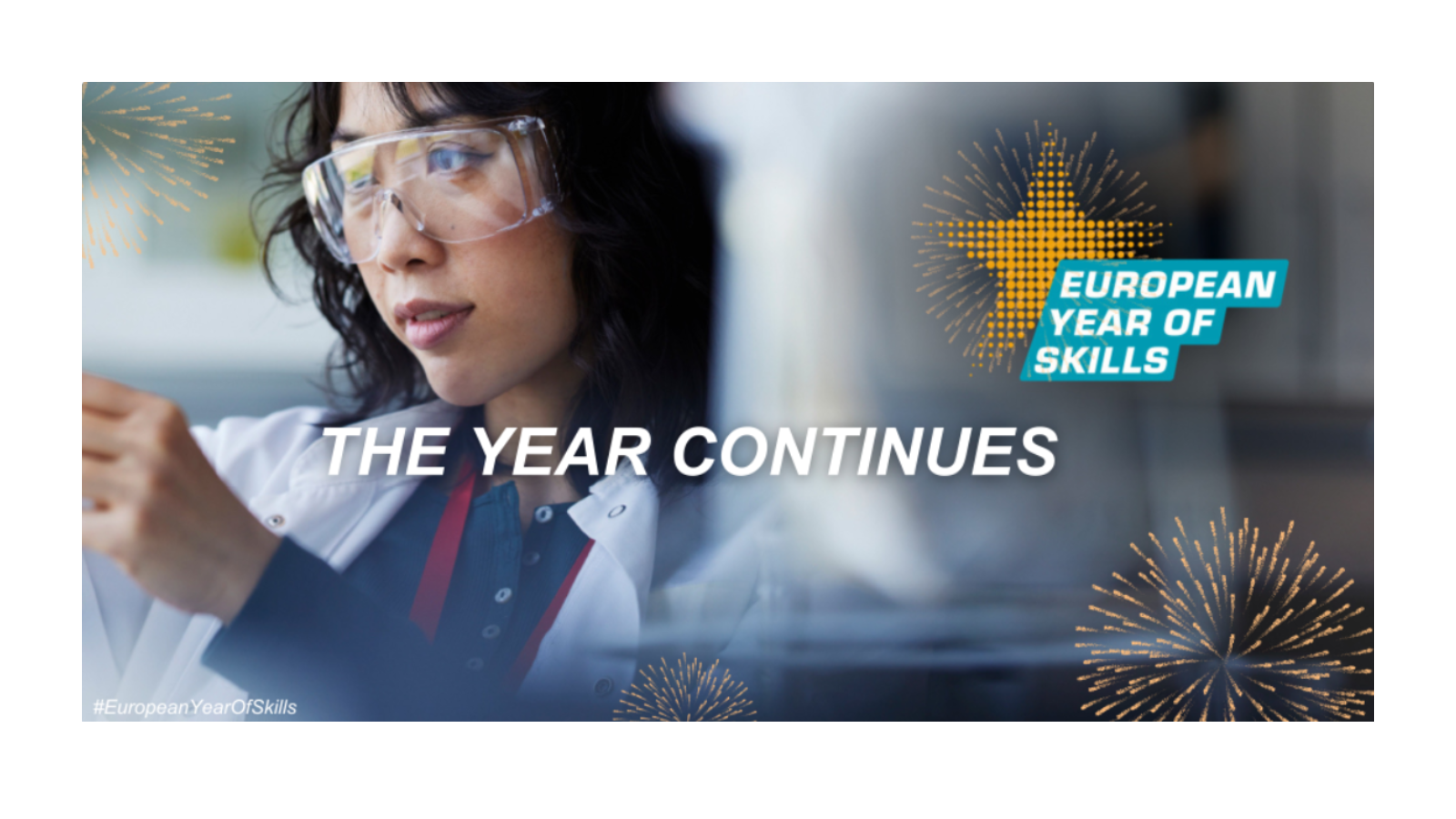
Meet the Champions of Excellence: European Year of Skills
On 23 February 2024, the EESC and the European Commission are organising the Meet the Champions of Excellence event in Brussels as part of the European Year of Skills. The event will highlight the value of vocational education and training (VET) and encourage young people to choose VET as an effective learning and career path.
Key Highlights:
- 500 Participants, 400 Young Minds: engage with a diverse and inspiring community where 400 young individuals converge to explore the boundless opportunities within vocational education and training (VET).
- Champions of Excellence: witness the skills of recent EU champions from WorldSkills, EuroSkills, and Abylimpics in more than 20 different disciplines and learn from their experiences and achievements.
- Panel Discussion: Commissioner Nicolas Schmit and EESC President Oliver Röpke will exchange with the champions and talk about VET excellence and the essential role of VET in seizing current and future job opportunities.
Exploring Opportunities in VET:
Parallel Sessions: engage in discussions and be inspired by VET learners on critical topics such as skills for the future, gender stereotypes, and learning mobility.
Interactive Stands and Skills Demonstrations: visit 20 interactive stands, including skills demonstrations in mechanical engineering, robot system integration, car painting, floristry, and more. Connect with organizations shaping the future of vocational education.
You can find more information about the program here.
The European Year of Skills is closely followed up upon by ERRIN's Science and Education for Society Working Group. You can discover here the specific Skills-related topics that have been addressed in the 2023 Working Group meetings.
- 23/02/2024 - 08:30 - 23/02/2024 - 14:00
-
European Economic and Social Committee
Rue Belliard 101
1040 Brussels
Belgium - Astrid Hannes
-
Working Group
Horizon Europe partner search - NEB
- Capucine Seguin
- 15/01/2024
-
Funding Programme
-
Deadline for Expression of Interest07 February 2024
-
NameFlorian ZappaOrganisation NameActaVista
- Get in Touch

Final Conference of the Innovative Digital Education for Active Healthy Living (IDEAHL) Horizon Europe project
The Final Conference of the Innovative Digital Education for Active Healthy Living (IDEAHL) Horizon Europe project, focused on developing an EU strategy in the field of digital health literacy, will take place on 6 March In Brussels. The conference will showcase the collaborative efforts, providing a platform to share the achievements and project outcomes and engage in discussions surrounding the sustainability of the results.
Throughout the course of the project’s life, the group developed two crucial results:
The European digital Health Literacy Strategy – guidelines to improve dHL for the benefit of all citizens focusing on health promotion, disease prevention, treatment and (self-)care as well as on monitoring its impact on the quality of life, well-being, productivity, and the economy, taking into account geographic, social and economic determinants of inequities in digital health literacy.
The Global Atlas of Literacies for Health – an interactive resource that not only summarises the various existing health literacy instruments but presents the empirical evidence for how the tools have been used or evaluated and best practices in (digital) health literacy across Europe and beyond.
SCOPE AND PURPOSE OF THE PROJECT
Improving Digital Empowerment for Active Healthy Living (IDEAHL), funded by the Horizon Europe programme of the European Commission, is a project with the ultimate objective of empowering EU citizens to use digital tools and taking a more active role in the management of their own health and well-being, as well as supporting innovations for coordinated person-centered care models.
For this reason, IDEAHL developed and tested new models and approaches of (digital) health literacy intervention development and application through co-creating a (d)HL Strategy at European level. The Strategy focuses on health promotion, disease prevention, treatment and (self-)care. To maximise its impact in promoting healthier lifestyles, better health management and interaction with healthcare professionals across Europe, the Strategy considers geographic, social, and economic determinants of inequities in (d)HL. Moreover, the project adopts a truly bottom-up approach by ensuring wide stakeholders’ involvement.
In the initial stage of the project, IDEAHL strengthened its knowledge base by mapping (d)HL research, policies, projects, and existing practices in Europe and beyond. Specific attention was paid on existing literature and knowledge about the key citizen groups considered by IDEAHL, along with gender dimension, social innovation, ethics and privacy, and inclusiveness.
To complement the mapping of (d)HL, representatives of practice from healthcare and social services— as well as citizens in general— were involved in a large co-creation exercise in the 10 partner countries to identify and discuss obstacles, difficulties, and areas of improvement related with (d)HL, eventually supporting the development of a (d)HL Strategy at European level. In addition, a network of key stakeholders for the promotion of (d) HL across the EU (and beyond) to foster the exchange and uptake of best practices will also be developed.
Digital Health Literacy is a strategic objective of the action plan, with a clear reference also in the resolution that urges Member States to “measuring the digital health literacy of health workers and citizens and enhance their skills through digital health literacy programmes”.
You can find out more about the project here.
- 06/03/2024 - 09:00 - 06/03/2024 - 17:00
-
European Parliament
Rue Wiertz 60
1047 Brussels
Belgium - Maria Sofie Juhl
-
Member
Danish VR company looking for partners to develop online teaching experience focusing on biodiversity challenges
- Maria Sofie Juhl
- 15/01/2024
-
Funding Programme
-
Deadline for Expression of Interest28 January 2024
-
NameMaria JuhlOrganisation NameNorth Denmark EU-Office
- Get in Touch
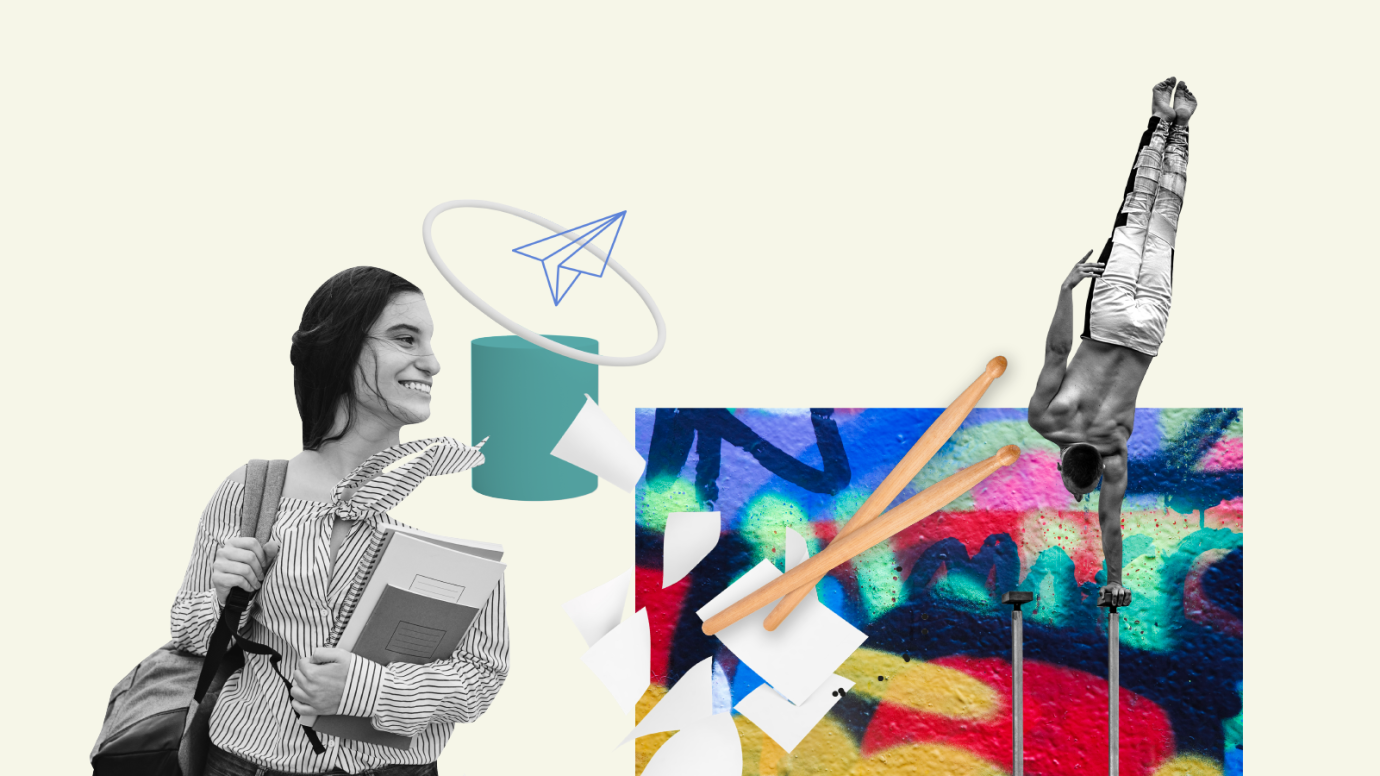
Survey on built heritage crafts skills
In the European Year of Skills, Future for Religious Heritage (FRH) and Mad’in Europe want to highlight the importance of preserving traditional heritage crafts and passing them on to new generations.
A survey has been launched to better understand the heritage crafts scene in Europe in terms of practice and knowledge. The results of this survey will serve as a basis for future policy recommendations and to further advocate for the valorisation and protection of traditional heritage crafts.
The survey is aimed at three types of respondents: 1. craftspeople working in heritage; 2. curators, conservation surveyors, conservation engineers and owners of heritage buildings; 3. schools or organisations teaching crafts. If you fit any of these, please do answer the survey, or pass it on to those who can. Your contribution will help raise awareness about the most pressing challenges in heritage crafts and mobilise the different actors to find solutions. You can find the survey here.
- Francesca Pozzebon
- 12 January 2024
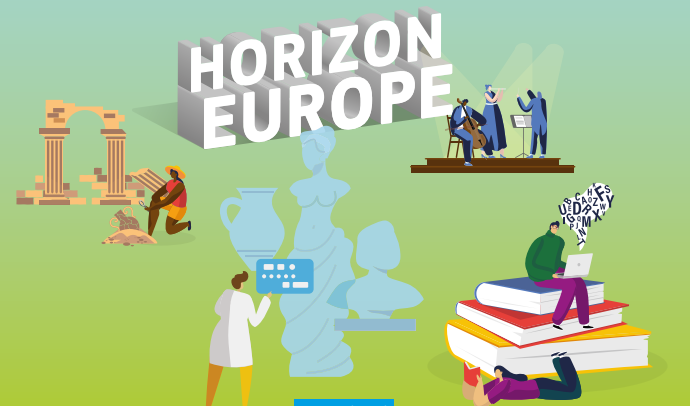
New Booklet on driving a green, digital & innovative European cultural heritage
In December, the European Research Executive Agency published a booklet gathering short descriptions of the projects selected for funding under the Horizon Europe Cluster 2 calls under the Destination ‘Innovative Research on European Cultural Heritage and Cultural and Creative Industries – Building Our Future From the Past’. Recognizing the importance of cultural heritage and CCIs, Horizon Europe has taken a proactive approach to address challenges faced by these sectors, such as climate change, pollution, natural disasters, looting and insufficient financing.
Within the first two years, Cluster 2 allocated a budget of 150.5 million EUR to research and innovation projects to tackle the identified issues. The publication is available here.
- Francesca Pozzebon
- 12/01/2024
-
Working Group
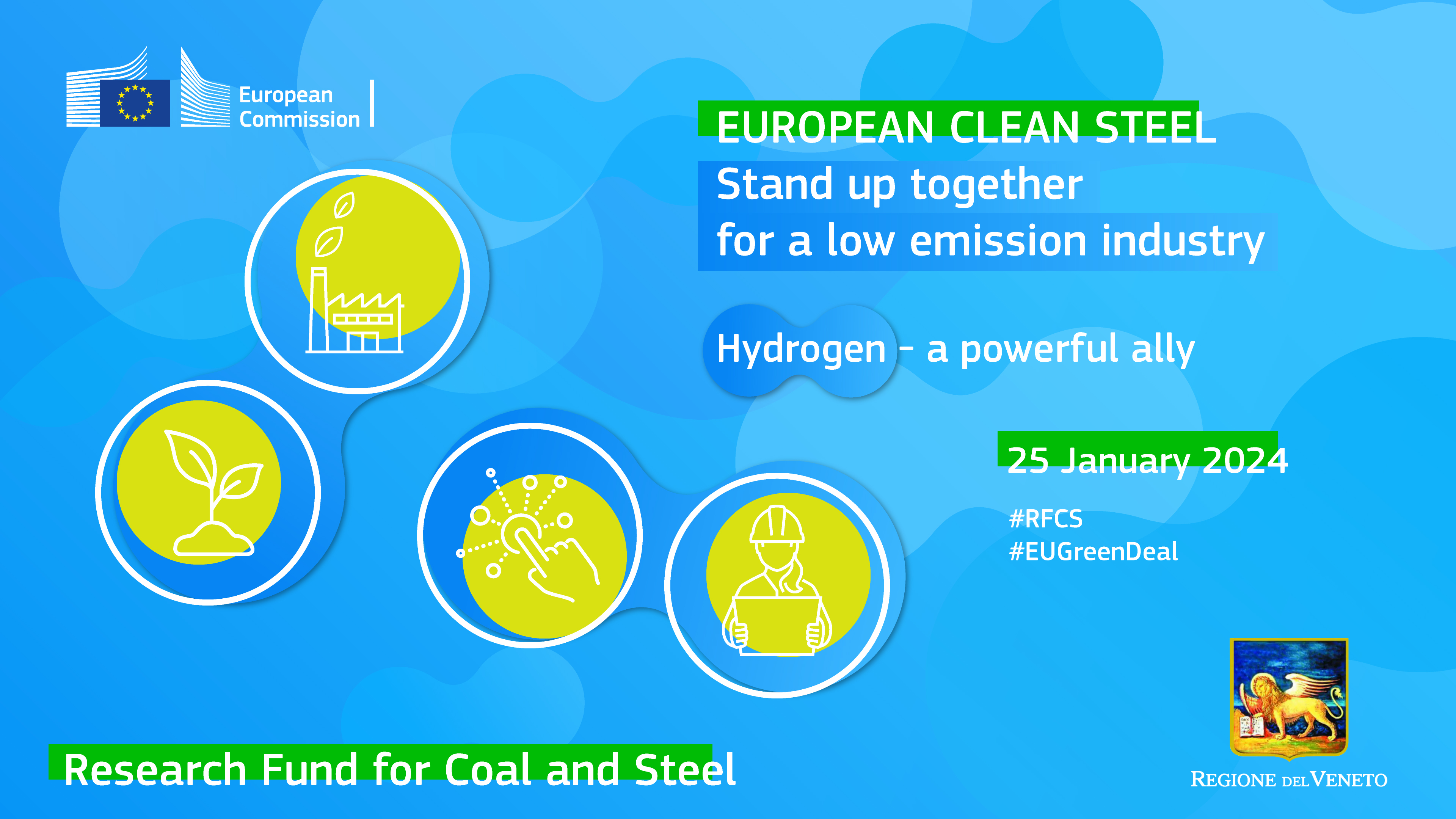
European clean steel: stand up together for a future low emission industry – Hydrogen: a powerful ally
The Research Fund for Coal and Steel (RFCS), in cooperation with the Veneto Region (Italy), will host a workshop bringing together stakeholders involved in the decarbonisation of the European steel industry.
The objectives of the event are:
- To present the EU policy priorities for steel with a focus on the European Green Deal targets
- To raise awareness about the EU support to the European steel industry and research
- To highlight the outcomes of projects funded under the RFCS, in particular their efforts on decarbonising and improving the environmental footprint of the steel making process
- To promote the new RFCS calls for proposal and other European Commission opportunities for the steel industry and research.
A particular focus will be given to the use of hydrogen in steel making, in line with the European Commission updated Strategic Energy Technology Plan, that aims ‘to establish a dedicated workstream on hydrogen to implement the European Research Area pilot on green hydrogen’.
Please find the agenda here
Click here to register.
- 25/01/2024 - 08:30 - 25/01/2024 - 16:45
-
IUAV
Complesso Tolentini Venice, Italy
30123 Venice VE
Italy - Chiara Rossetto
-
Member
-
Working Group
Winterschool 2024: Navigating the future of regional development
The regional development agency of the East Netherlands region is co-organising this year’s EURADA Winterschool, in close collaboration with the OECD. This winterschool takes place from 26-29 February 2024. Participants must register before the 21st of January.
The theme of this 3-day event is the future of regional development and how RDA’s can drive the green and digital transition.
The event is targeted at fellow European RDA’s and the programme includes topics such as Strategic Foresight for regional development, The future of RDA’s and highlights European policy in practice in different European regions.
Next to an insightful programme and interesting speakers, the winterschool is a unique opportunity to gain insight into the regional development ecosystem of the Netherlands.
Winter School outline
The theme of the 2024 Winter School is Strategic Foresight and Interaction. The Winter School lasts 3 days and provides local regional development experts, development agency staff, national and regional policy makers, with knowledge of practices, experiences, trends and challenges in regional development and innovation. This objective will be achieved thanks to discussions between the participants and regional development experts, analysts from the OECD, regional or local development agencies, European institutions, and site visits.
2024 Focus
The 2024 Winter School will focus on the role of regions and regional development agencies in addressing socio-economic challenges and megatrends. This will be done by concentrating on foresight and interaction.
Registration
Candidates need to submit an application via this form by 21 January 2024.
Further information can be found in the attached document.
- 26/02/2024 - 17:00 - 29/01/2024 - 15:00
-
Regional Development Agency Utrecht & East Netherlands
Heidelberglaan 8
3584 CS Utrecht
Netherlands - Ingrid Meijer
